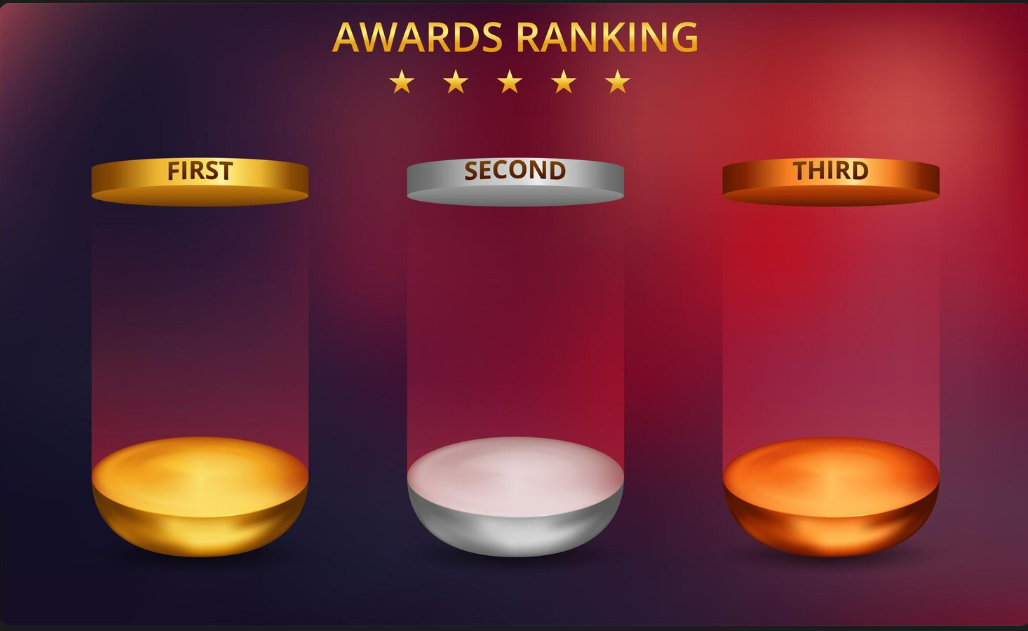
From red telephone boxes to afternoon tea, the UK has a knack for creating cultural staples that never quite fade from view. Some symbols are so woven into the fabric of British life that they manage to stick around, generation after generation, finding new ways to stay relevant. They’re not just relics of the past—they’re constantly reinvented pieces of everyday life.
But what is it about these icons that keep them alive in the modern age? Why do certain British classics—be it fashion, music, or even board games—continue to hold our attention? The answer lies in a mix of familiarity, identity, and a very British sense of adaptation.
Familiar Faces in a Fast-Changing World
We live in a world that changes at breakneck speed. Technology evolves overnight, trends come and go on social media in a matter of days, and what’s popular today could be old news by next week. In that chaos, familiar symbols become anchors. They remind us of where we came from, what we’ve loved, and how far we’ve come.
Think about the Union Jack. It’s been reinterpreted in fashion, art, and branding countless times, but it still packs the same visual punch. Or consider the enduring charm of a proper cuppa—something as simple as tea continues to hold emotional value in a culture that’s otherwise gone digital and fast-paced.
These iconic elements don’t just stick around for tradition’s sake. They evolve. They take on new forms, speak to new generations, and find fresh relevance in unexpected places.
A Classic, Reimagined
Perhaps one of the most interesting examples of this cultural staying power is the board game Monopoly. Few family households in the UK haven’t had at least one intense session of buying up Mayfair and Park Lane, arguing over rules, and watching one player rise to total domination while others cry into their Monopoly money.
But even this British mainstay has kept up with the times. Today, it’s not just the physical board that holds appeal. Enter monopoly megaways uk: a bold, dynamic reimagining of the classic format that blends nostalgia with modern gameplay. This new version brings together the charm of the traditional board with the thrill of Megaways mechanics, creating a faster, flashier, and more interactive experience. It’s still distinctly Monopoly—but updated for how we live (and play) today.
That’s the magic of reinvention. You don’t have to let go of what you love—you just let it grow.
Why Reinvention Works So Well in the UK
The UK has always had a complicated relationship with tradition. On one hand, it’s a country that loves its rituals: royal pageantry, Sunday roasts, Christmas crackers. On the other, it has a rich history of rebellion, reinvention, and cultural shifts. Punk rock came out of London, after all.
This balance is what makes reinvention so successful in the UK. It’s not about erasing the past—it’s about remixing it. Keeping what works, ditching what doesn’t, and always finding room for a bit of cheeky innovation.
That’s exactly what happens when something like Monopoly is given a Megaways twist. The core remains the same—the properties, the money, the character of Mr. Monopoly—but it’s given new life in a format that fits modern entertainment habits. It’s faster. It’s slicker. And it respects the original while offering something fresh.
Nostalgia Meets Modern Life
One reason these reboots hit so well is because nostalgia is powerful. Especially in uncertain times, we look back on the past as a source of comfort. Old TV shows, vintage fashion, and yes, even childhood board games, remind us of simpler days. But when those classics get a modern update, they feel less like dusty artifacts and more like bridges between our past and our present.
That’s why something like monopoly megaways uk works so well. It lets you relive the thrill of buying up properties and watching your empire grow, but without the need to clear off a table or keep track of tiny plastic houses. It fits into a lunch break, a commute, or an evening on the sofa. It’s nostalgia that understands your schedule.
The Cultural Power of British Branding
British icons don’t just stick around in the UK—they export well. Internationally, British culture is associated with charm, wit, and a particular kind of stylish classicism. Whether it’s James Bond’s sharp suits, the Beatles’ timeless music, or even the stylings of the London Underground, there’s something effortlessly appealing about the British brand.
Monopoly itself may have originated in the US, but the UK version—complete with its London street names and cultural references—has carved out a uniquely British legacy. That’s why it continues to thrive not only in homes but also in its modern formats like monopoly megaways uk. It speaks to something deep and familiar in British identity, while also feeling accessible and exciting to global audiences.
Final Thought: Icons Aren’t Born—They’re Built (and Rebuilt)
The staying power of British culture comes from its ability to respect the past while embracing the future. Icons like Monopoly thrive not because they never change, but because they’re allowed to evolve with the people who love them. They move from dinner tables to digital screens without losing what made them special.







